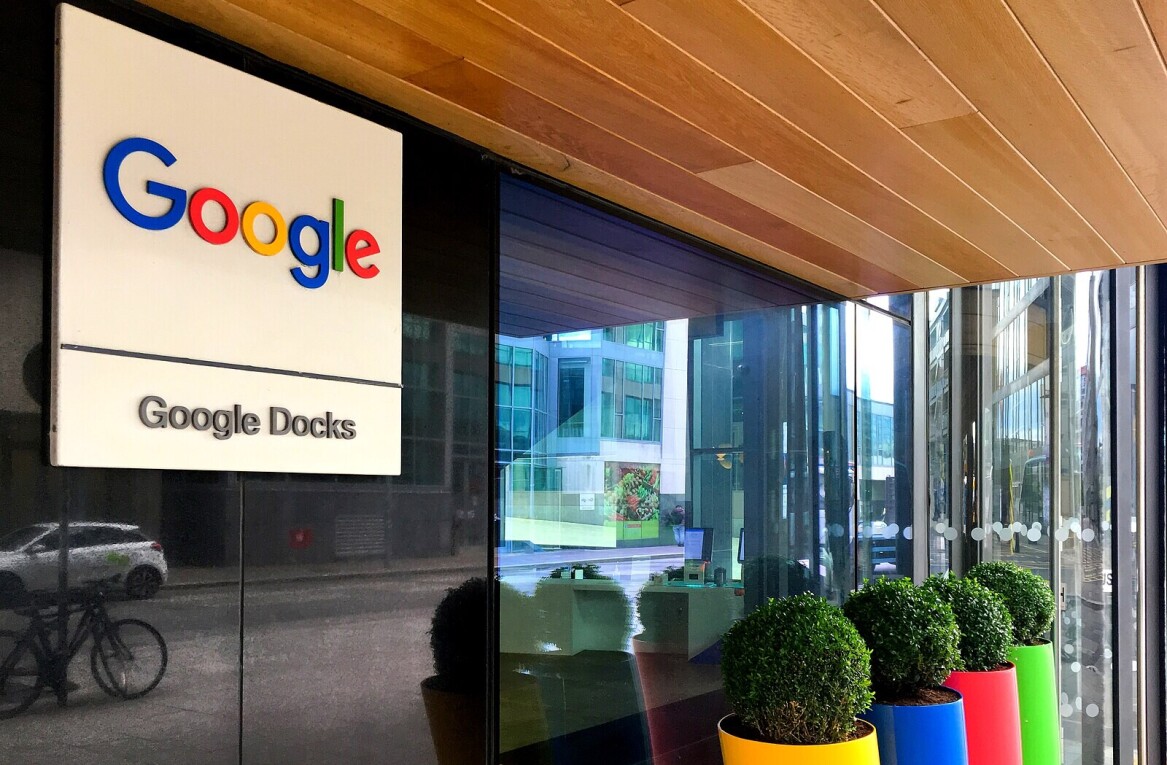
Progressive loading is a good idea – in theory. It basically means that rather than having to wait for an entire web page to load, you can view and interact with the fragments that your computer has already downloaded.
The downside is that this can lead to a weird jumping experience. You might be reading a passage of text, only for your browser to render some images. The end result is that you lose your place, and have to find it again.
Google thinks it’s cracked this problem with something called Scroll Anchoring, which is found in the newest version of Chrome. Here’s how it describes it.
Similar to other features designed to protect our users from bad experiences, starting in version 56 Chrome prevents these unexpected page jumps with a new feature called scroll anchoring. This feature works by locking the scroll position on an on-screen element to keep our users in the same spot even as offscreen content continues to load.
Very cool stuff. Google says that scroll anchoring prevents almost three jumps per pageview.
This is easy to believe. Web pages today are bulky, bloated, media-rich behemoths that load countless external libraries. I’m honestly surprised it isn’t more.
Google also recognizes that this feature isn’t always desirable, and there’s a CSS property to disable it. The documentation that describes how this works can be found here.
Get the TNW newsletter
Get the most important tech news in your inbox each week.




